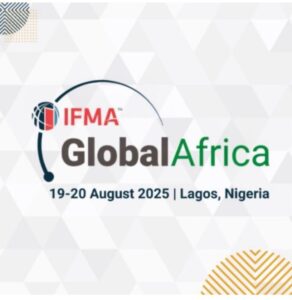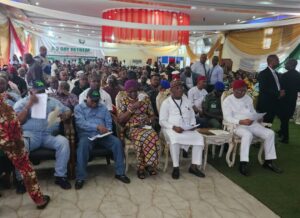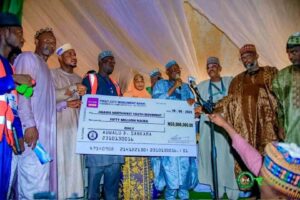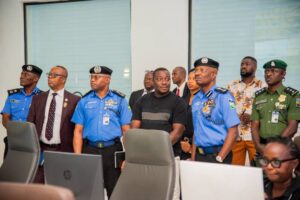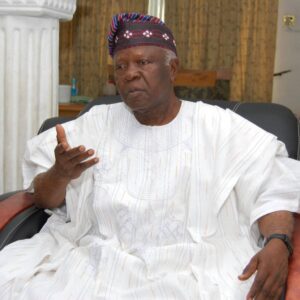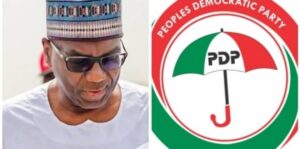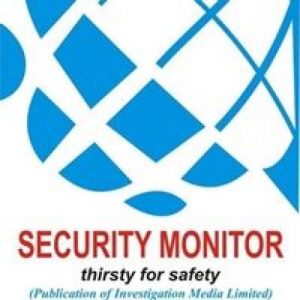IPC Trains Online Journalists, Bloggers on Conflict Sensitive Reporting In Abuja
The International Peace Center (IPC Lagos has identified the need to carry out regular trainings that will help reshape national or global issues that affect the country and continent.
In line with the above responsibility, a two day workshop was held for over 30 online journalists and bloggers of the social media that has been adjudged to escalate the incidence of hate speech and fake news which could incite citizens, hit the political to the detriment of the country.
Again, easy access to the internet has led to the increased number of online platforms of which most people now interact. Thus making ethical journalism difficult and the need for ICP’s intervention through training was timely.
The Workshop which held in Abuja from Thursday, September 20 to Friday September 21, 2018, had participants drawn from different online platforms, and facilitators who are experts with vast experience in the media.
Relevant topics were delivered to deal with objective and sensitive reporting on especially as the 2019 general elections cones closer.
According to organisers, the workshop was equip the journalists and bloggers on how to use their platforms for fair, balanced, language sensitive and conflict sensitive reporting of the elections.
In his opening remark,the Director of International Press Centre(IPC) Mr. Lanre Arogundade, said that the training became necessary as the online environment now occupies a very central place in media operations.
“With Nigeria’s large population of internet users, and the rapid increase in the number of journalists offering to practise online to reach this ‘Internet or Online population’, what goes on Online in the name of journalism cannot be ignored” he said
Mr. Arogundade, noted that generally, it is feared that in the realm of politics, violent conflict during elections could occur if online journalism practitioners and bloggers refuse to embrace conflict sensitive principles.
“The emerging consensus therefore is that online journalists and bloggers need to strive to do better so they could be part of efforts that seek to remove hate narratives from political communication as a way of making the electoral environment healthier” he stated.
Speaking on the topic, “Understanding Conflict, its nature and character”, Dr. Ruqayyah Aliyu from the Department of Information and Media Studies, Bayero University Kano, noted that conflict can be negative and destructive or positive and constructive, adding that communication can make or mar conflict.
Dr. Aliyu who stressed that it is unprofessional to use tribe and religion in telling a story, urged the participants to detach from sentiments while reporting and also advised them to apply the “Bark, Bite and Sue” approach to conflict resolution.
On his part, the Executive Director CITAD Kano, Dr.Y.Z Yau, while speaking on the topic, “Contemporary Conflicts in Nigeria and Possible Impact on Media Coverage of 2019 Elections”, highlighted that high ethical standards must be maintained in the coverage of elections to avoid escalating rather than deescalating conflicts.
He also urged the media practitioners to understand a conflict better before reporting, to avoid falling prey to easy seductiveness of conspiracy theories around conflicts, and to keep to the Nigerian Code of Election Coverage.
In another lecture, the Editor-in-Chief, Premium Times, Abuja, Mr. Musikilu Mojeed who spoke on “News gathering & Newsroom Gate keeping in era of hate speech: Tips on Pitfalls to avoid”, described hate speech as any expression that vilifies an identifiable group-a race, ethnic group, religious community, ideological groups.
Speaking on how to avoid pitfalls, he advised online Journalists and bloggers, to restrict use of certain terms that are abusive in their local and international context, and to avoid amplifying voices of hate propagandists.
“Don’t hesitate to block voices of purveyors of intolerance and cheerleaders for forces of hate, xenophobic and religious extremists. Be aware of user-generated hate speeches, contempt in comments” he cautioned.
He further urged the media practitioners to be careful with fake news, misinformation and disinformation on social media.
Participants comprising bloggers and journalists – reporters, editors and publishers who mainly work on the online space from different parts of the country, attended the workshop.

